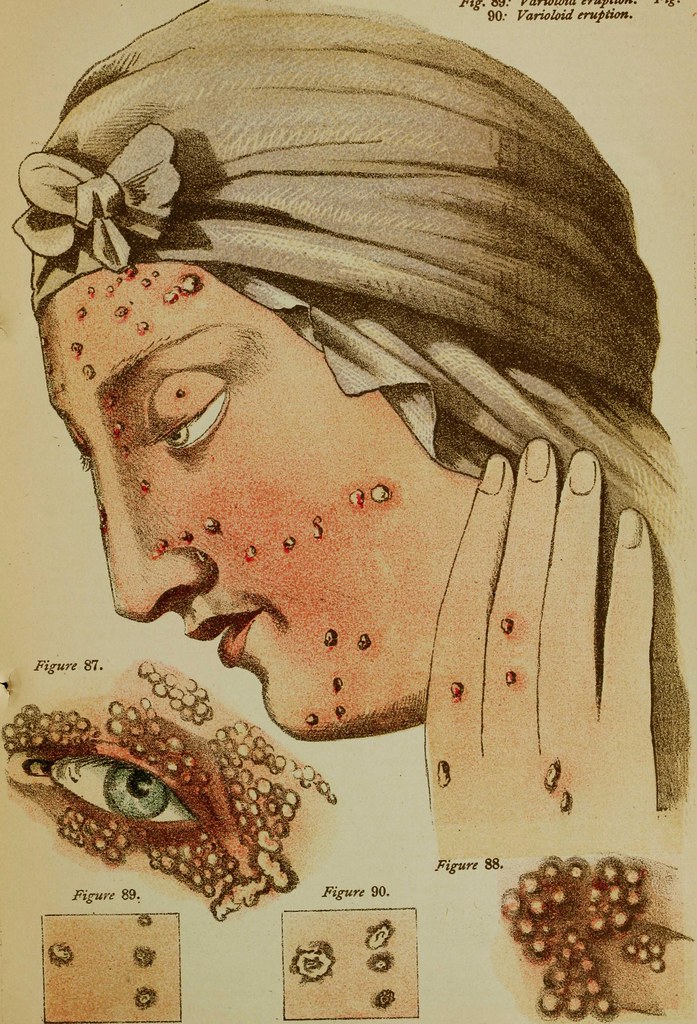With the arrival of the coronavirus pandemic in recent years, many key figures in the health world have pointed towards the eradication of smallpox as a way to deal with the current pandemic.
A remarkable achievement in the history of public health, the eradication of smallpox serves as a beacon of hope and valuable lessons for humanity as we grapple with the ongoing coronavirus pandemic.
Smallpox, a deadly viral disease, was successfully eradicated through an extensive global vaccination campaign led by the World Health Organization (WHO) in 1980. Two years before the WHO announced the “death” of smallpox–smallpox was already eradicated in most parts of the modern world.
The world has also applied many of the lessons learned from the smallpox eradication to dealing with COVID-19, with unprecedented collaboration and vaccine research ongoing throughout the world. However, the coronavirus pandemic most likely will not be wiped out in the near future.
There are multiple reasons for this.
Smallpox was easy to spot. With the entire world receiving scare upon scare over the disease, it helped that smallpox had telltale lesions that identified infected people. Meanwhile, many symptoms of COVID-19, such as a cough or a fever–can be shared across other infections such as the flu or whooping cough, making it difficult to identify and thus track.
Further, unlike smallpox, COVID-19 mutated into many variations. According to Yale Medicine, the SARS-CoV-2 virus currently has four main variants circulating the globe: Alpha, Beta, Delta, and Omicron. This is compared to smallpox mainly having only two main variants. The variations make containment and vaccination against the disease incredibly difficult. Vaccines may only be effective towards a certain variant, and more research and time have to be utilized in order to produce vaccines targeting different variants.
A social complication to fighting the disease is the anti-vax movement. Although present ever since vaccines were introduced, anti-vaccine organizations grew in popularity with the pandemic. Due to the government and public schools mandating vaccines, this pushed Anti-vaxxers into a corner and significantly boosted their popularity, hindering the vaccination process. Even future presidential candidates, such as Robert F. Kennedy Jr., supported anti-vaccination policies.
Unlike COVID-19, smallpox was unique as it belonged to a larger umbrella virus–the pox viruses– which included monkeypox, chickenpox and cowpox. These different viruses mostly stayed within their namesakes, with many pox viruses only infecting animals and others only infecting humans. Smallpox only infected humans, so no vaccines were needed to protect the animal population. The same cannot be said for the coronavirus, as the virus can be spread to bats, pangolins, primates and even whales, according to the American Council on Science and Health.
Overall, the eradication of any disease takes time, and the coronavirus especially. Even smallpox, with a relatively organized campaign, took over twenty years to eradicate. The coronavirus, with all its complications, could take longer. Nevertheless, slowly but surely–even if the virus isn’t eradicated–life can and will go back to normal.

